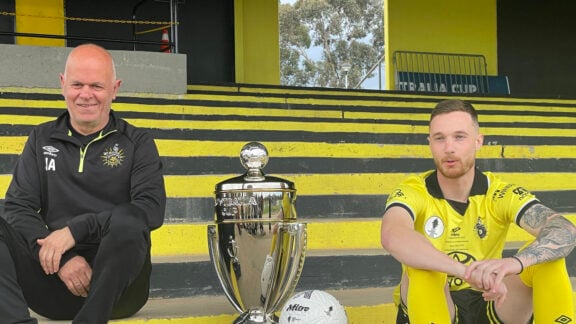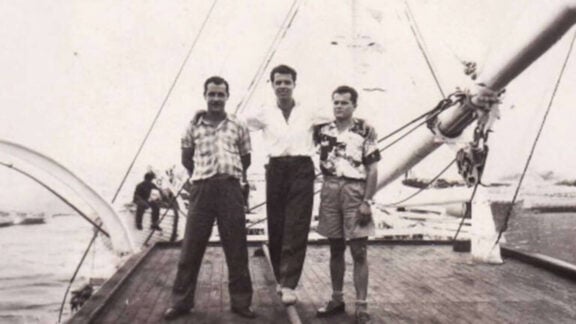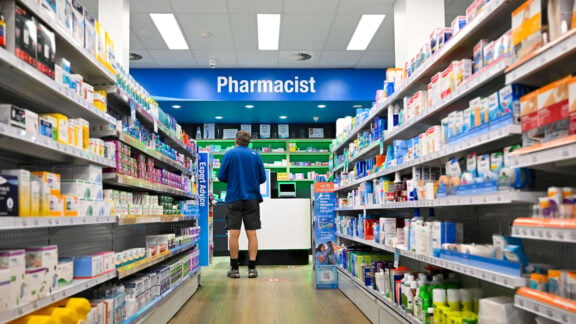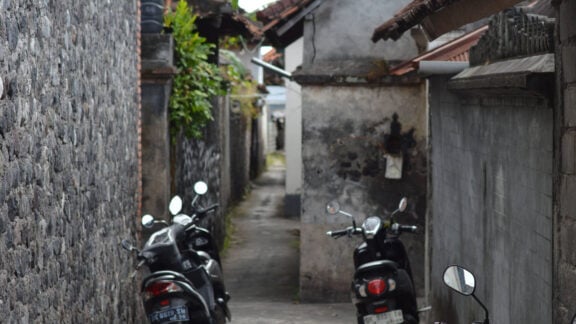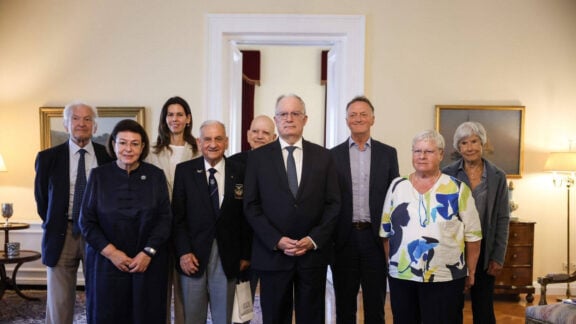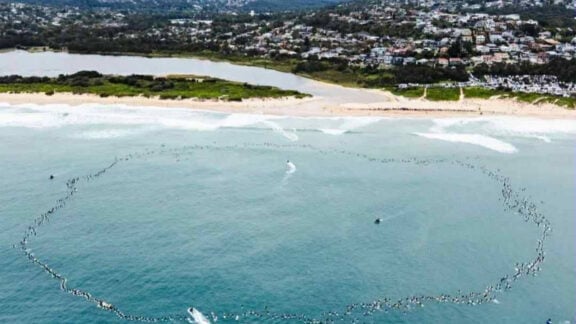Two Australian women have come forward to share their experience of sexual assault after being drugged with a needle while traveling abroad, in 2022 and 2019, with the intent to caution other international travelers about the potential risks involved.
Needle spiking, the act of unknowingly being injected with a sedative or date rape drug, typically occurs in crowded places like nightclubs or festivals.
There is no official data on needle spiking incidents in Australia, or on any involving Australians overseas. The occurrence is still considered extremely rare. The BBC reported in 2022 that after almost “150 people came forward over 12 months saying they could have been drugged by needles in nightclubs” with “60 made in the first week of November 2022”, police chiefs were told at a Scottish Police Authority (SPA) meeting that between “1 October 2021 and 30 October 2022, there had been no proven cases.”
The Department of Foreign Affairs and Trade (DFAT) acknowledges its occurrence, however rare, and has added references to needle spiking in its advice for overseas travel, alongside drink spiking.
A woman who talked about getting drugged with a needle at a Greek bar on Ios in July 2022, told the ABC that she felt like she was having an “out-of-body experience” in the crowded place.
She then recalls being carried by two men to a car, taken to a house, and subjected to repeated sexual assault while tied down.
After escaping, she found cuts, bruises, and a puncture wound, experiencing hallucinations and difficulty speaking; following her report to the police, a hospital examination unveiled swelling, blood, bruising, and memory loss in her genital area.
Directed for further tests at a sexual assault clinic, the woman detailed “an incredibly unsafe and uncomfortable” examination in a letter to the Australian embassy in Greece, where medical practitioners berated her, denied her a support person, and subjected her to painful procedures against her will.
Despite multiple attempts by the Australian embassy in Athens, the specialist clinic has not provided the woman with test results or a medical report almost a year and a half later.
The Department of Foreign Affairs and Trade (DFAT) stated that it “takes any allegations made by Australians overseas very seriously,” acknowledging cases of Australians falling victim to drink or needle spiking and related crimes, while also highlighting “that specific laws related to drink or needle spiking are a matter for individual countries.”
On her 2019 Hawaii vacation, Carly Ellis believes she was drugged at a bar and then sexually assaulted.
She shared with ABC that her memory fades after getting drinks, and that the next thing she remembers is waking up in her hotel room with blurry vision, a lack of coordination, and scratches on her wrists and thighs.
“An obvious injection site” on her forearm, further strengthened her belief that she was raped.
Due to her background in the criminal justice sector, Carly chose not to report the incident, expressing concerns about how victims are treated.
While she appreciates the DFAT’s acknowledgement about needle spiking overseas, she insists that the responsibility should not fall on travellers, but on perpetrators to avoid and prevent such incidents.
Sexual assault support services:
1800 RESPECT national helpline on 1800 737 732 and www.1800respect.org.au
Lifeline (24 hour crisis line) on 131 114 and www.lifeline.org.au
Bravehearts (support for child sexual abuse survivors) on 1800 272 831 and bravehearts.org.au
Blue Knot Foundation on 1300 657 380 and blueknot.org.au

